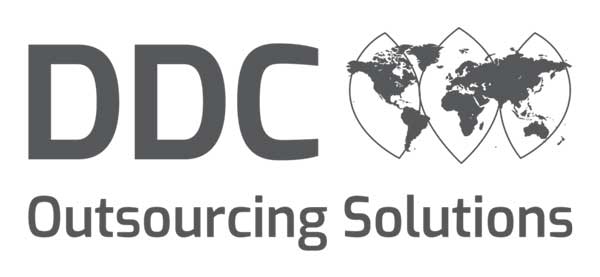The utilities landscape is ever-changing, requiring stakeholders within this sector to adapt, upgrade and change their approach frequently.
For many in this space (and every other, for that matter), the adoption of AI is currently a hot topic, especially with ongoing concerns around data sharing. AI offers great potential to both suppliers and end customers. With the rollout of SMETS2 meters, energy suppliers could greatly benefit from the increasing accessibility and continuous advancements of AI. This rollout is set to provide utility companies with an unparalleled amount of data, which, when paired with the capabilities of AI, has the potential to streamline the distribution of energy and improve the customer experience.
What is the impact of adopting AI for a utility company?
AI solutions present the opportunity to increase key factors such as revenue, efficiency and positive customer experiences, as well as retrieve accurate data insights and predictive modelling. Does this eliminate the need for energy experts and customer service teams? No, we don’t believe so. However, we do believe that the benefit of adopting AI into service processes will be felt through the reduced cost to serve, minimising waste, and increasing employee satisfaction- resulting in enhanced NPS and CSAT scores. Ultimately, allowing AI to identify issues and provide relevant data will limit how much an agent must manually analyse and enable them to provide an easier and better service.
How else could we predict this will help energy customers?
Every active household appliance has a unique usage signature. By using the capabilities of SMETS2 meters, energy suppliers may be able to relay usage data back to the customer within their monthly bill. This process would allow customers to see both the environmental impact of their usage and pinpoint any billing issues they are experiencing back to a specific appliance. AI can then harness customer usage data to answer queries within self-serve tools or create tailored tips for reducing energy consumption for the individual customer.
This could create healthier billing outcomes, drive down complaints and reduce customer contact times with their supplier. More accurate billing may also lead to energy suppliers observing higher CSAT and NPS scores, achieved by the customer’s improved understanding of their usage. Looking forward, self-serve platforms powered by AI should be a key focus for businesses, saving experienced human resources to respond to more difficult queries where perhaps a more technical or empathetic response is required.
Additionally, this customer usage data could be stored in a centralised database and used by AI to provide data-driven insights to local governing authorities. A third party would collect these insights to highlight areas experiencing fuel poverty and need further resource investment. AI could generate this by analysing socioeconomic and SMETS2 data. As a result of this adoption and consenting to the use of their data, customers in these areas may benefit from having a more attentive local authority.
How do we think AI could support businesses in working alongside government targets?
AI insights may give utility companies a clearer understanding of their environmental impact and that of the customer. With the government’s target of moving towards net zero by 2050, AI’s insights will be essential for suppliers to move towards an electricity-fuelled society. Following the initiative to move away from fossil fuel-powered energy, we expect the country’s electricity usage to more than double by 2050. Couple this with the country’s supply generation moving from thousands of plants to millions of solar assets; customer consumption data becomes invaluable.
Smart metering data will be the key to showing real-time usage demands and allow DNOs (Distribution Network Operators) to distribute energy effectively. This data will also be paramount to helping suppliers to work with their customers towards achieving net zero.
How easy do we think this will be?
So far, the development and distribution of smart metering technology hasn’t been simple, and its proven unreliability has caused a great loss of confidence in the technology. In 2023, OFGEM recorded an 18% increase in complaints to suppliers relating to smart metering between quarters 3 and 4. In a recent report from the Department of Energy and Net Zero, it has been stated that approximately 4 million (12% of smart meters) were outdated or non-communicating. This existing distrust of metering performance is unlikely to support the ongoing rollout of SMETS2 meters, which will come with its own challenges.
We predict that encouraging the uptake of SMETS2 meters and AI-driven platforms will require companies to invest in a value-driven proposition where the customers will learn how they can expect to benefit from this new technology. With this buy-in, we can anticipate that AI will enhance the customer experience provided by contact centre team members and self-service platforms. However, this enhancement will be underpinned by suppliers obtaining customer consent.
You can expect to hear more from us on all things utilities. Why not check out our work in that area here?
Or, feel free to get in touch to see how our expertise can support you in achieving your goals.
Find us on LinkedIn




